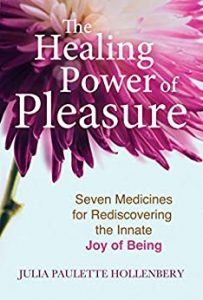Something I’m experimenting with… consciously slowing my thoughts and speech — for a couple of reasons or occasions:
- In the late evening, close to bedtime I slow my speaking and slow my thinking to prepare for sleep. I don’t mean zoning out, I mean just slowing down thinking and speech — and thus breath as well. It also is nice and helpful to sit in front of a fire, or turn the lighting more yellow/red, or turn the lights off or down. Very relaxing and leads naturally into sleepiness.
- In the early morning before stuff kicks off, and at spots later in the day, slowing thinking helps to bring me back down from the stressy speed of full on work or life. Again, this is not stopping thinking or zoning out. Keep at it, but slow down. There’s a quality improvement here in thinking too, when done a bit more slowly. And it feels great.
